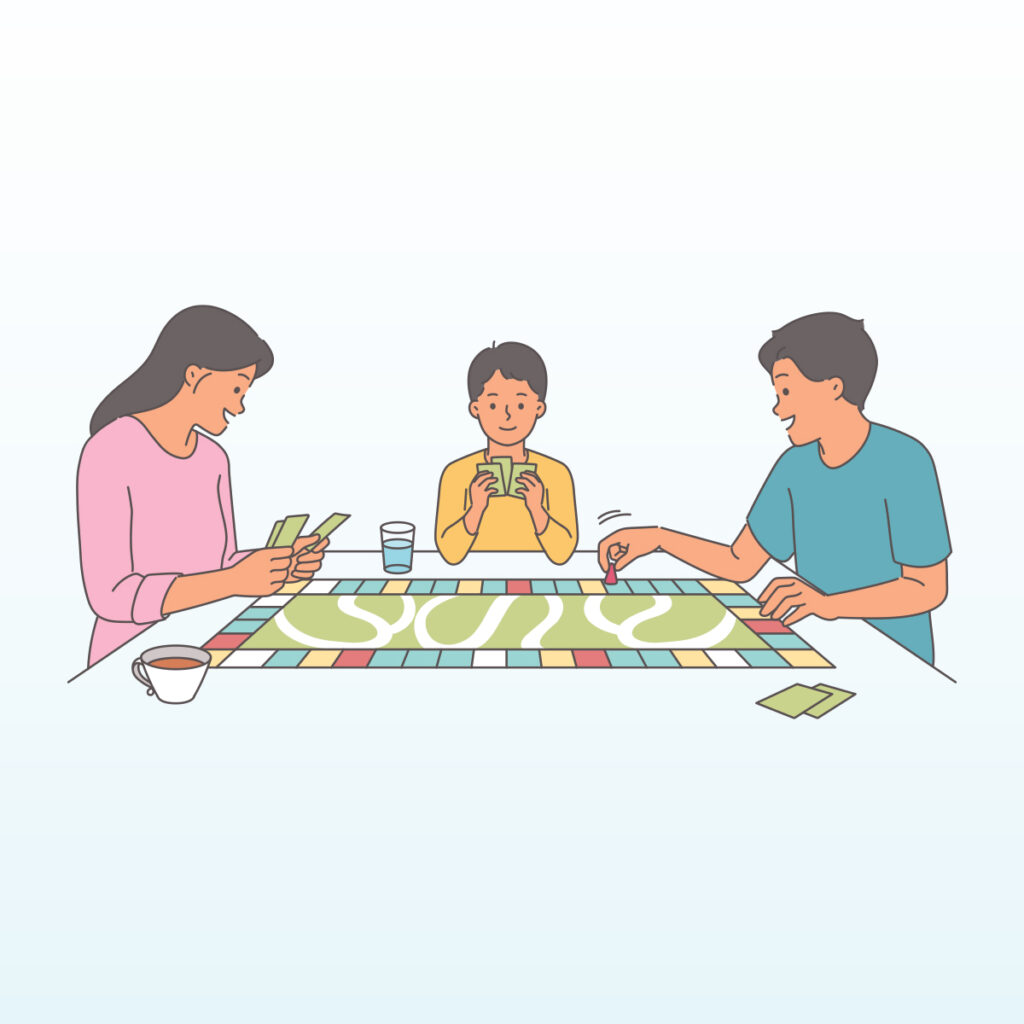Annual Women's Health Section
While a woman’s libido fluctuates throughout her lifetime, a prolonged loss of sexual desire can cause distress.
Understanding Hypoactive Sexual Desire Disorder
Hypoactive Sexual Desire Disorder (HSDD) refers to a loss of libido that lasts for longer than six months and causes personal distress. HSDD is the most common female sexual dysfunction, and according to the Mayo Clinic, as many as 40% of women will be affected by HSDD at some point in their lives.
Causes and Symptoms
HSDD has a number of possible causes, which can occur in combination. Libido can be affected by illness and medications, as well as hormonal changes such as pregnancy and most commonly, menopause. Psychological, emotional, and relational factors can also weaken a woman’s sex drive.

Though the main symptom of HSDD is an absence of sexual desire, personal distress is crucial to diagnosis. This distress may involve feelings of shame, sadness, worry, or fear, along with relational problems related to its interference with intimacy. Libido looks different for everyone, and if a woman is not bothered by her level of sexual desire, it would not be considered HSDD. Longevity is also a key symptom. It is normal to temporarily experience a loss of interest in sex; HSDD results in a lack of libido that is persistent and ongoing.
Treatment and Outlook
Thankfully, HSDD is a treatable condition. A variety of treatment options accommodate the different causes of HSDD and can include medication, counseling, and physical therapy. Lifestyle changes can also help combat low libido, such as stress management and self-care.
If you are suffering from HSDD, consult with your doctor to identify the underlying causes. With time and an appropriate treatment plan, your libido can be restored.





